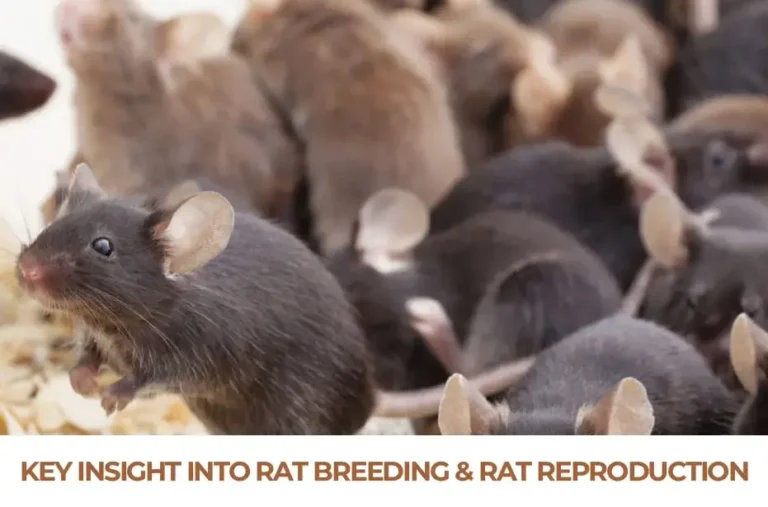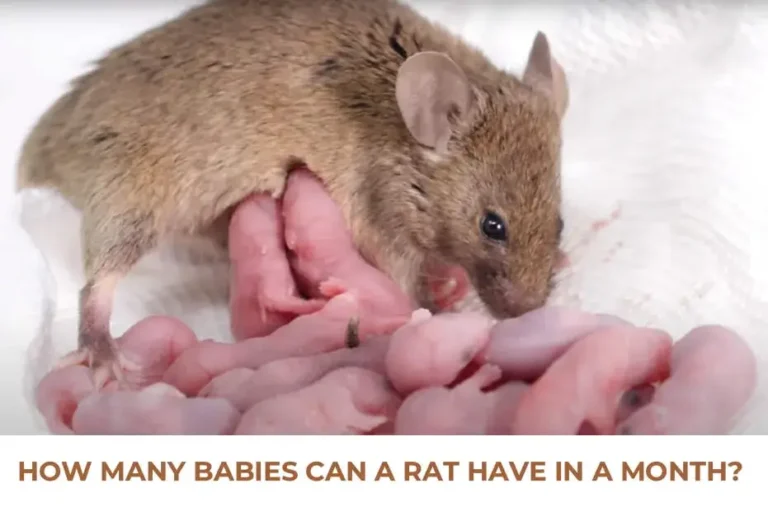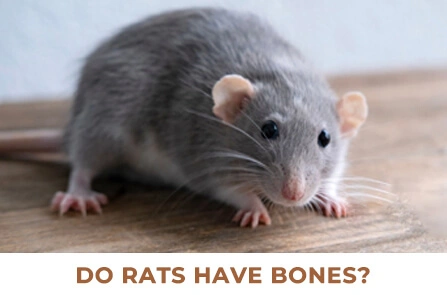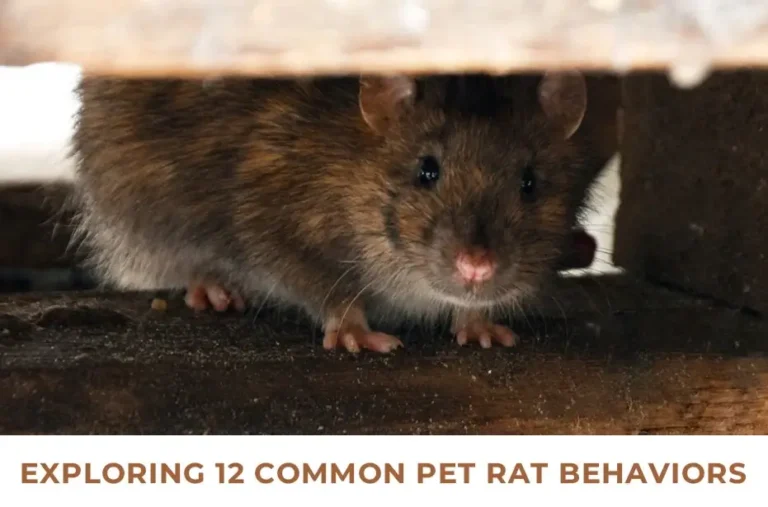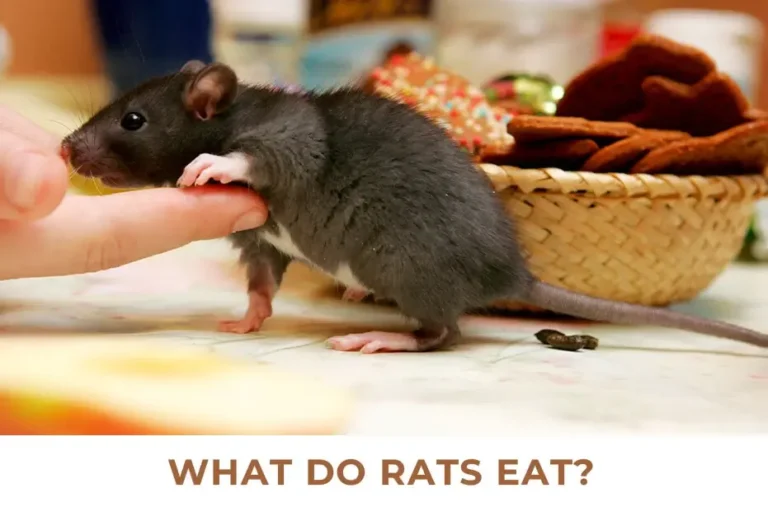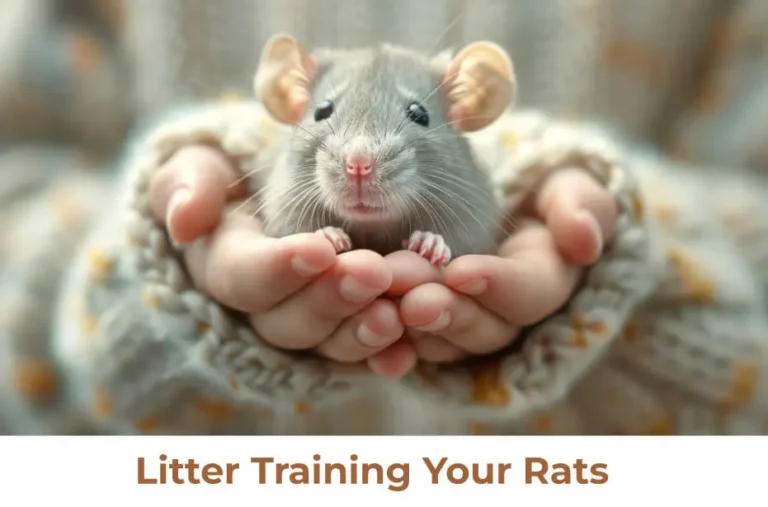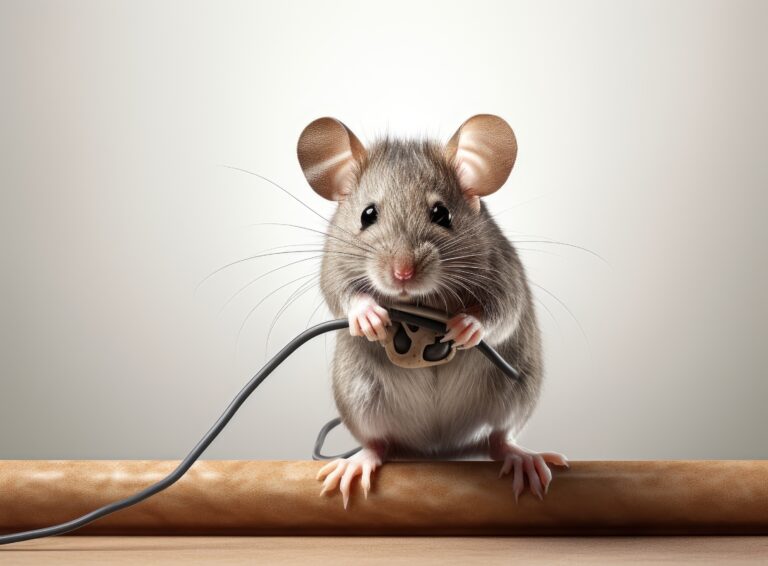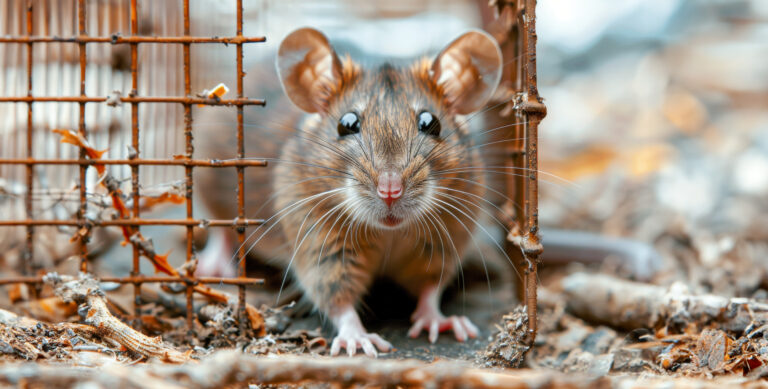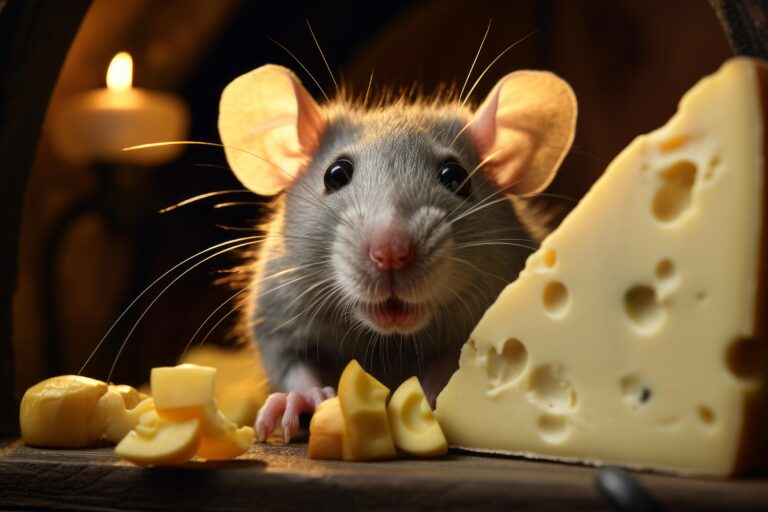Uncovering The Secrets: Exploring The Lifespan OF Rats
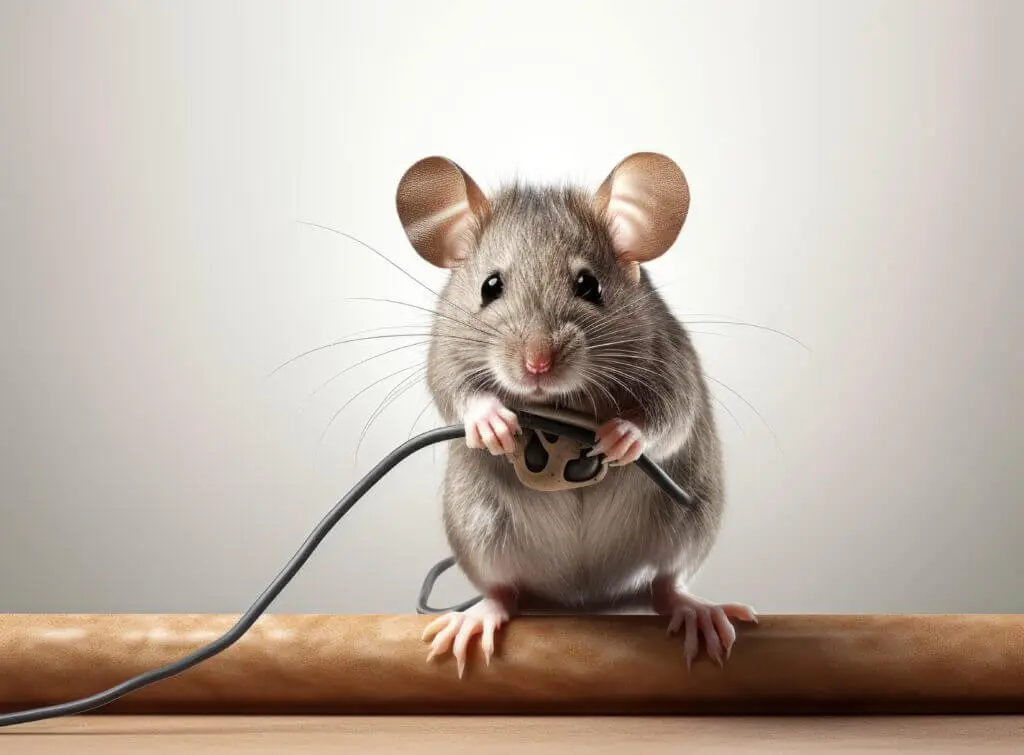
Rats are captivating little creatures that have been modified to grow alongside humans in different environments worldwide. Despite their curious and entertaining nature, some exciting features of these pets, including their life cycle, are worth exploring.
Exploring these little pets’ lifespans is essential to understanding their life cycle and evolutionary adaptations. It is indisputable that keeping these little social pets is easy, but it is recommended that you know the lifespan of rats by keeping them as your companions. Let’s delve deep to understand the average age of rats in captivity and the wild. By understanding the intricacies of their age, you will have better information about these little creatures and their ecosystem.
Classification Of Rats
Before directly diving into their average age, let’s understand their classification. Rats are rodents found in medium sizes and have long tails. They belong to the Order Rodentia, Mirorder Simplicidentata, Genus Rattus, Class Mammalia, and Kingdom Animalia. The size of these rats differentiates them from mice. There are 56 known species of these pets worldwide. The most common species of these pets are brown and black rats, owned as old, old-world true rats.
Do You Know: Rats are active at night and have an excellent sense of smell and touch.
Lifespan Of Rats In Wild
Different factors affect the average age of these little creatures, such as environmental fluctuation, genetics, diet, health, and care. While these rodents live in the wild, they become sturdy and can withstand brutal ecological conditions. They generally live for about 2-3 years, but with proper care and attention, their age limit can exceed five years.
The average age of these rodents living in the wild is around one year. Their shorter age is due to predators, extreme weather conditions, inadequate water, food scarcity, and a lack of proper care and attention. However, it is estimated that if these pets survive infancy, they will thrive for about 3-4 years. Besides this, they don’t indicate any signs of sickness until the end of their lives.
Do You Know: The rat size varies depending upon their species; their body length is generally 5 inches, and the rat mass is about 18 ounces.
Lifespan Of Rats In Captivity
The average age of these rodents living in captivity or pet rats is about 2-4 years, which could exceed up to five years with proper diet, care, and nutrition. According to research, the most extended living rat in captivity was about 7 years. The estimated average age of their female counterparts is about 2.7 years because of their inactive lifestyle and slower metabolism. Different factors can influence the lifestyle of these rodents living in captivity, such as stressful conditions, being handled roughly, or exposure to loud sounds and blazing light.
Do You Know: According to the Guinness World Record, Rodney was the oldest rat ever, with an average age of seven years and four months, who died in 1990.
How Long Does A White Rat Live? The average age of these little pets is about two to three years.
Rat Gestation Period
As discussed earlier, there are various species of these little pets; therefore, their gestation period varies from one species to another. The gestation period of some of their species are:
- Polynesian & Brown Rat: 21-24 Days
- Black & Bush Rat: 23 Days
- Ricefield Rat: 21 Days
- Australian Swamp Rat: 25 Days
- Greater Bandicoot Rat: 20 Days
How old can a rat get pregnant? The male counterpart reaches maturity at 6-10 weeks, while the females reach maturity at 8-12 weeks.
Ways To Enhance Your Pet Rats Lifespan
Enhance the longevity of these little pets by following some easy tips.
- Frequent veterinary checkups after every month are recommended.
- Make sure your little companion lives longer by diagnostic testing of blood and fecal parasites.
- Examine any changes in their health by weighing them weekly.
- Please provide them with nutritious food and the specific pellet made for these rodents.
- Protect them from obesity by measuring the quantity of food they are eating.
- Fulfill their nutritious needs with vegetables, occasional fruits, and clean water.
- Clean their living space regularly and ensure hygiene.
- Ensure the temperature remains between 65-80 degrees and humidity between 45-70%.
- Prevent giving them a seed-based diet that could be a reason for their weight gain.
- Examine their behavior, weight, and hair coat to identify any sickness.
- Protect them from dermatitis by avoiding the use of wire floors.
How fast do rats reproduce? They reproduce to give birth to six litters a year, with around twelve babies in each litter.
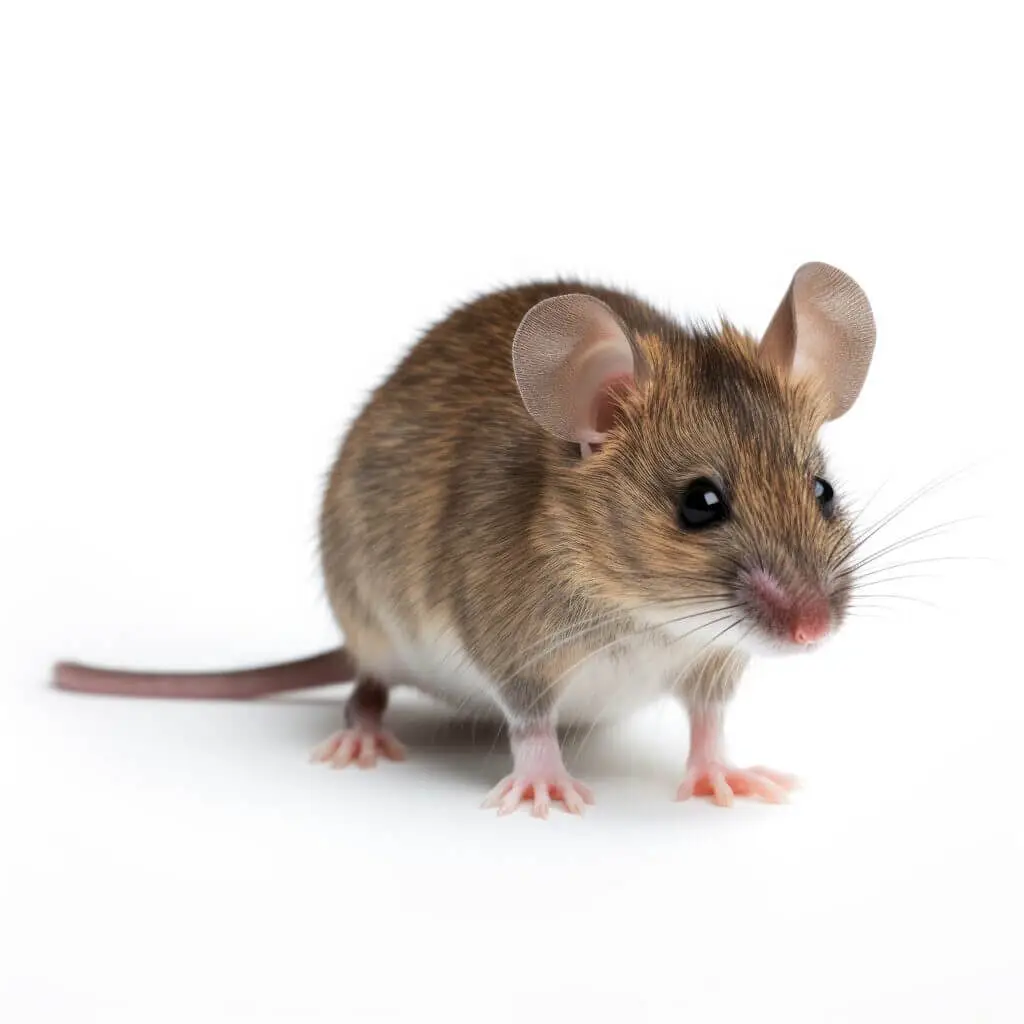
Final Verdict!
Are you interested in keeping pet rats at your home? Before keeping them as your companion, looking at the rat’s lifespan is essential. These tiny, curious, playful creatures need attention and proper care for a happy and longer life. The environmental conditions in which they are living and their diet could affect their longevity. Having an unhealthy diet could affect their age and wellbeing by causing different diseases like tumors, respiratory infections, and internal parasites. The average age of those living in the wild is about one year, while those in captivity are about 2-4 years, which could exceed up to 5 years in rare cases. The oldest living rat was Rodney, who survived for about 7 years and 4 months.

Matthew Daviss
Explore the insightful world of rodents with our exciting articles written with expertise and passion by our rodent care specialist, Dr. Matthew Daviss.
Faqs!
The average age of these pets is about 2-4 years, but with proper nutrition, care, and attention, it could exceed 5 years.
They typically give six litters a year, containing almost twelve babies each liter.
Their reproductive cycle is the estrous cycle, which is similar to that of humans.
After every 4-8 weeks, their female counterparts start cycling through litters with a gestation period of 21 days.
At once in each litter, these pets produce 6-12 pups.
It is not possible for them to live without their mother before six weeks of their birth. They can rarely survive after about four weeks of their birth.



